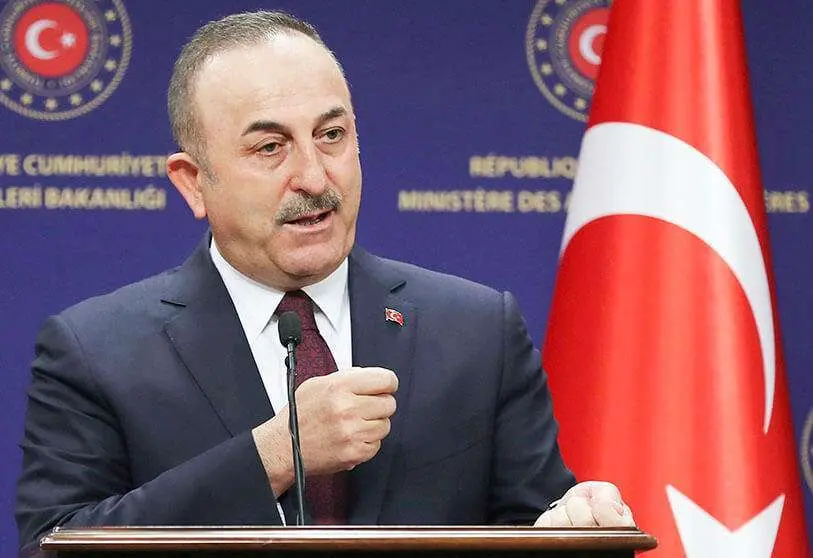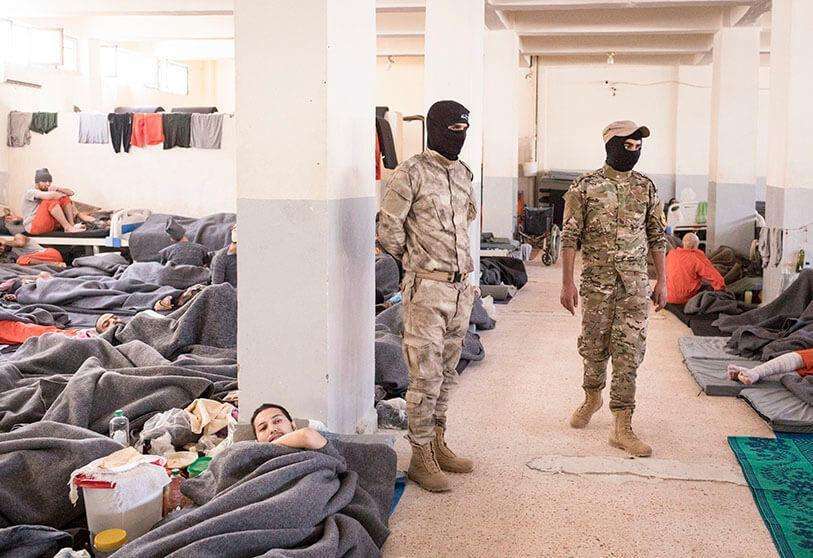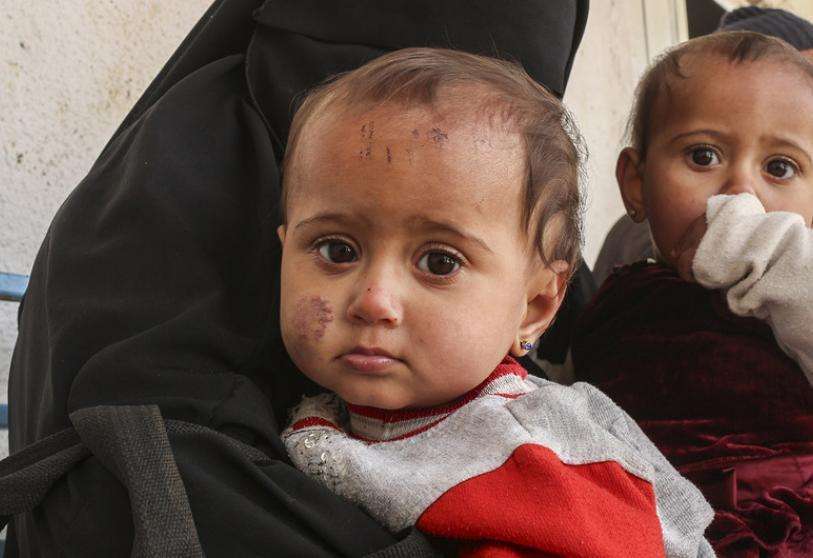Turkey asks the US to designate the Syrian Kurdish YPG militias as a terrorist organization

At least 71 civilians, including seven minors, lost their lives in May in what is considered one of the cruelest and bloodiest conflicts in Syria today, the lowest figure since the outbreak of war in March 2011, according to data published by the Syrian Observatory for Human Rights. Meanwhile, in the US, the president blamed the extreme left wing Antifa (anti-fascist) group of activists for encouraging anger in the protests that have spread throughout the country, following the death of African-American George Floyd at the hands of a policeman. Faced with this situation, Ankara has urged the U.S. to crack down on what they consider to be Anti-Fa in Syria, referring to the YPG's Syrian Kurdish militias.

The foreign minister of the Eurasian nation, Mevlut Cavusoglu, has asked the US to "show solidarity with his country, a NATO ally, when Anti-Fa militants trained by the terrorist group PKK/YPG attack Turkish soldiers in Syria". In this sense, he considers that if the US designates Antifa as a terrorist organization, it should do the same with the People's Protection Units -YPG-, the armed militia of the Syrian Democratic Union Party, the political arm of the Turkish Kurdistan Workers' Party -PKK, according to the Turkish Radio and Television Corporation (TRT). "When Antifa draws its weapons on Turkish soldiers in Syria and operates with the PKK/YPG to carry out attacks against us, the United States should show the same sensitivity," he stressed in an interview recorded by the TRT.
Nine years after this conflict broke out, to speak of Idlib - the country's last rebel stronghold - is to speak of a humanitarian emergency. The United Nations has expressed concern about the impact of the coronavirus pandemic on the Syrian population, whose health system has been decimated since the beginning of this conflict, and has therefore begun a series of cross-border operations in order to continue providing humanitarian assistance
The hope that was hidden under the name 'Arab Spring' was buried under the cinders of the war in Syria, a conflict that has caused the death of thousands and thousands of people. The arrival of the coronavirus completely changed the international scene and, in part, the course of this war. In March, Russia and Turkey agreed to a ceasefire in the Idlib region; a cessation of hostilities that has been interrupted by Russia, which this Wednesday bombed northwest Syria for the first time since the beginning of this truce. In this context, the Syrian authorities have decided to open the road linking the province of Raqqa and Aleppo, after seven years of closure. The Syrian Ministry of Health has announced that the total number of cases from COVID-19 has reached 123, of which at least six have died.
In the first five months of 2020, more than 135 UN trucks have crossed from the two Security Council authorized border posts from Turkey, carrying food, health items and other critical humanitarian support. In May, the UN has stepped up its presence in Syria with 1,781 trucks, the largest number of humanitarian vehicles to cross the border since the Security Council first authorized operations in 2014. The Turkish news agency Anadolu reported on Wednesday that at least 112 trucks with supplies have entered Idlib through the Cilvegozu border gate in Hatay province, southern Turkey.

For its part, the World Health Organization has delivered 20 tons of medical supplies to Al-Qamishli in northeast Syria, the second such delivery in two weeks. The supplies will be distributed to public health centres in the governorates of Al-Hasakah, Raqqa and Deir Ezzor, according to data issued by this institution. "Over the past two weeks, WHO has distributed more than 55 tons of medical supplies by road".
"These were the first deliveries to Al-Hasakah Governorate in northeast Syria in the last two years," said Dr Akjemal Magtymova, WHO Representative in Syria. "These are difficult times when the world's attention is focused on the response to the coronavirus pandemic. While joining global and national efforts to combat this crisis, WHO also continues to support basic health services and to provide services to communities at risk in the northeast as well as throughout Syria," she added.








